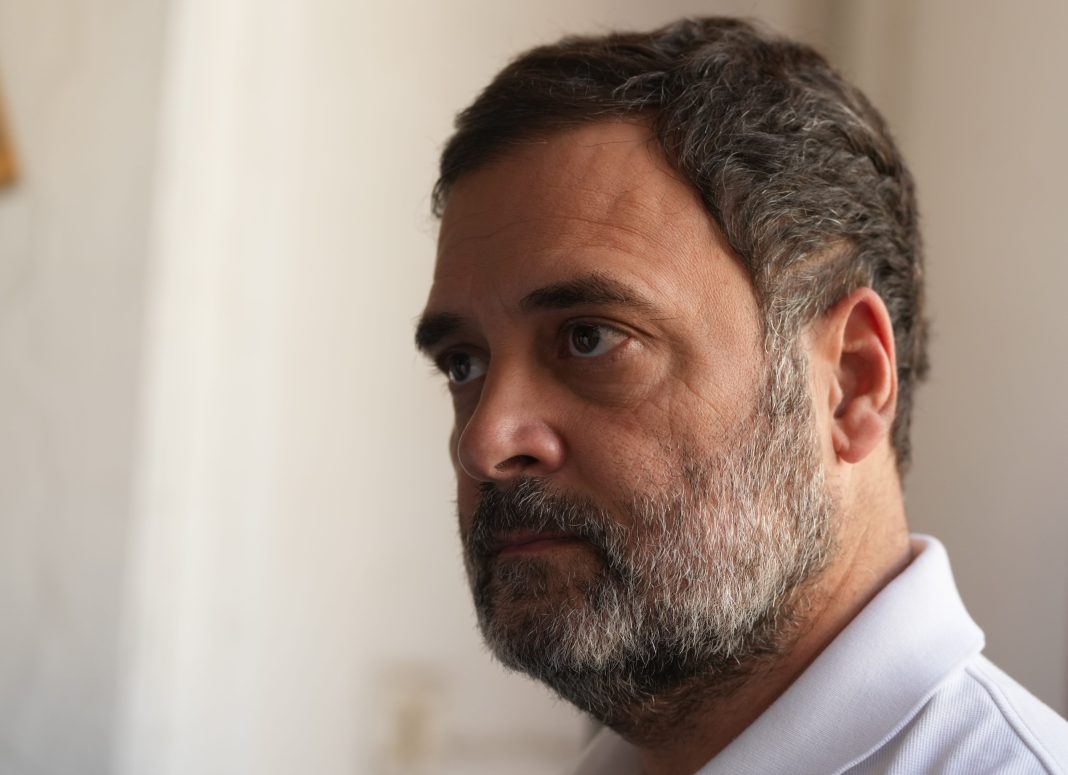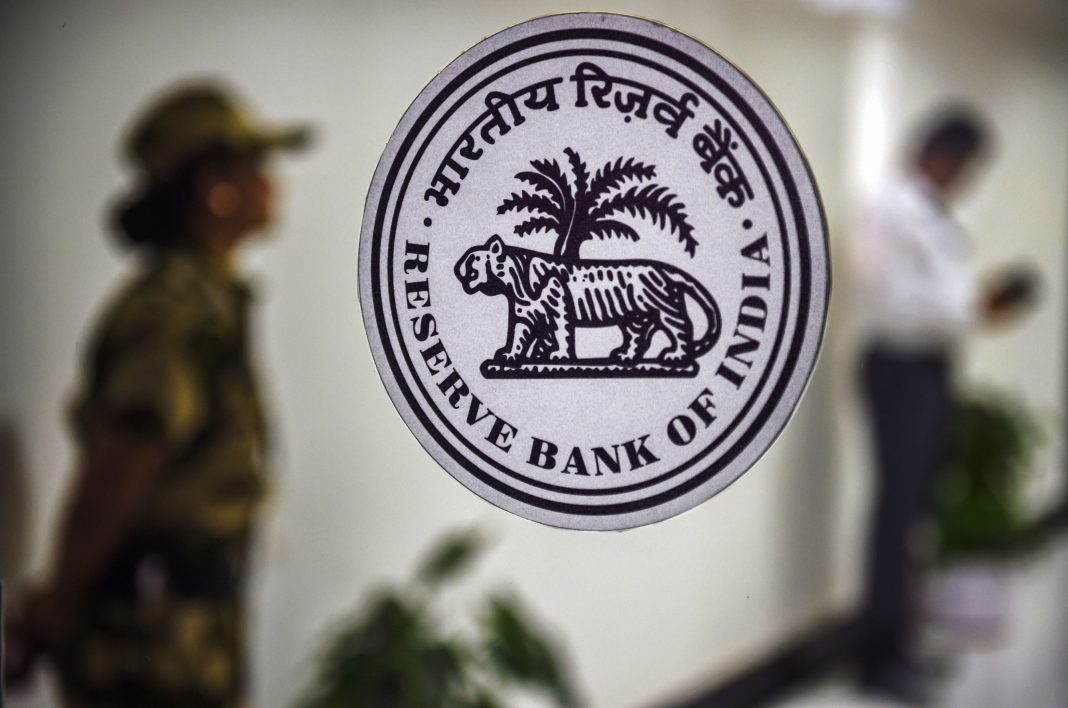
Guwahati, June 27: The Rights and Risks Analysis Group (RRAG) has urged India to sever all ties with the interim government of Bangladesh, following the demolition of a Durga temple in Dhaka on Thursday. The rights body called the incident part of a broader pattern of attacks on religious minorities and accused the government of Dr Mohammad Yunus of clinging to power illegally.

In a strongly worded statement issued on Friday, RRAG Director Suhas Chakma criticized the Indian government’s continued diplomatic engagement with Dr Yunus. He said routine condemnations of minority attacks by the Ministry of External Affairs had become ineffective and demanded a more decisive stance, including a complete disengagement until an elected government is in place in Dhaka.
Chakma cited a ruling by the Bangladesh High Court on December 17, 2024, which restored the 13th Amendment allowing for a 90-day caretaker government. According to that ruling, the mandate of the interim government expired on March 16, 2025. Despite this, Dr Yunus has remained in power, allegedly stalling opposition and using so-called reforms to justify his continued rule.
RRAG claimed that the current regime solidified control by weakening the opposition Bangladesh Nationalist Party (BNP) following a meeting between Dr Yunus and acting BNP chairperson Tariq Zia in London on June 13. The rights group said that since then, the government has intensified its use of reform commissions to delay elections, even though it lacks a functioning parliament to implement their recommendations.
Most recently, on June 26, the interim government formed a new commission to investigate past elections and propose mechanisms for future fair polls. Chakma described this as another attempt by Dr Yunus to remain in power without democratic legitimacy.
RRAG also accused the regime of enabling and ignoring violence against minorities, particularly Hindus and indigenous communities in the Chittagong Hill Tracts. It said such attacks are being dismissed as ordinary crimes and are part of a larger strategy to suppress dissent and consolidate power.
According to RRAG, from August 2024 to April 2025, at least 123 members of the Awami League were killed—some in gruesome fashion reminiscent of Taliban tactics. The group also documented the targeting of 640 journalists, the filing of criminal cases against more than 500,000 political opponents, the dissolution of the National Human Rights Commission, and over 2,000 attacks on minorities in August 2024 alone.
RRAG said that political dissent has been systematically silenced, with bans on the Awami League and its student wing, the Chhatra League. Independent media outlets have also faced harassment and persecution.
Chakma warned that India’s continued engagement with the Yunus government threatens both regional stability and India’s strategic interests. He said India’s position as a neighbour gives it a unique stake in Bangladesh’s democratic future and urged policymakers in New Delhi to reconsider their current approach.

“The reality on the ground in Bangladesh is not hypothetical—it is unfolding daily,” Chakma said. “Unless India shifts course, it risks enabling a regime that threatens not only its own people but the broader peace of South Asia.”





